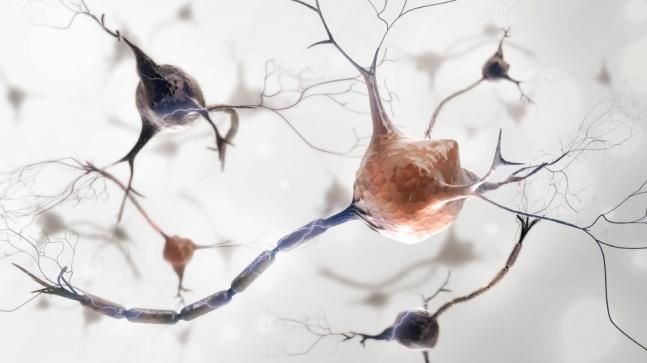In Zika virus developments today, the World Health Organization (WHO) said El Salvador is investigating an unusual spike in Guillain-Barre syndrome (GBS) that may be linked its recent surge of infections and confirmed the first locally transmitted cases in two French Caribbean territories, St. Martin and Guadeloupe.
Also, Brazilian scientists reported Zika virus in placental tissue, shedding a little more light on the possible link between maternal infections and microcephaly—or smaller-than-normal heads—in babies.
GBS reports hint at acute illness complications
Though the main threat surrounding the Zika virus epidemic has been a heart-wrenching rise in microcephaly cases, new questions are swirling about other complications in what is typically a fairly mild illness. Thought to be an autoimmune disorder that damages nerve cells, GBS causes muscle weakness and sometimes paralysis. Most people recover, but some have lingering nerve damage.
In 2014, scientists in French Polynesia—in the midst of an outbreak there—described the first known GBS case linked to Zika illness. Surveillance during the outbreak picked up dozens of other GBS instances.
The Pan American Health Organization (PAHO) alluded to the issue in its Jan 17 update on the outbreak noted a rise in GBS cases in both Brazil and El Salvador.
In a statement today, the WHO said El Salvador notified it of an unusual increase in GBS cases. The country averages about 169 GBS cases each year, but between Dec 1 and Jan 6, shortly after the first locally acquired cases were detected in the country, it recorded 46 cases, two of them fatal. One of the patients who died had underlying health conditions.
Of 22 people with available clinical information, 12 (55%) had been sick with fever and rash within 15 days of experiencing their first GBS symptoms.
Investigations are under way to pinpoint the cause of the patients' illnesses and to flesh out their lab details, but a link to Zika virus infection is one of the possibilities. The WHO said that, as of Dec 31, El Salvador had recorded 3,863 suspected Zika cases since the virus was first detected in November.
Local transmission on St. Martin, Guadeloupe
Meanwhile, the WHO today confirmed the first two locally acquired Zika infection cases in the French part of St. Martin and in Guadeloupe. It said French health officials notified the WHO of both cases on Jan 18.
The two territories already appear on PAHO's list of affected locations in the Americas, which stands at 20. Like most other parts of the Caribbean, both areas have been affected by the chikungunya virus outbreak over the past year.
WHO urges no travel restrictions
The WHO said in both statements today it does not recommend any trade or travel restrictions to the affected areas.
So far the WHO has held off on recommending that pregnant women, or those planning to become pregnant, avoid the affected countries due to the microcephaly threat. In its most recent update on the disease it urges pregnant women to take steps to protect against mosquitoes and to consult with their local health officials before traveling.
"As a precautionary measure, some national governments may make public health and travel recommendations to their own populations, based on their assessments of the available evidence and local risk factors," it said.
The United States is among the countries that have advised pregnant women and those trying to conceive to avoid Zika-hit countries, and some of the nations where local transmission is occurring have urged women to consider postponing pregnancy.
Placental findings
Experts are still trying to piece together a possible link between Zika virus and microcephaly. Researchers in Brazil yesterday added more piece of the puzzle, reporting the first virus detection in the placenta of a pregnant woman. Tests have already found evidence of the virus in a handful of microcephalic babies, suggesting that infected mothers can pass the virus to their babies.
A team from the Carlos Chagas Institute in Curbita posted a report on the placental finding in Portuguese yesterday, which was translated and posted by FluTrackers, an infectious disease news message board. The Brazilian scientists tested samples from the placenta of a woman who had an illness consistent with Zika virus infection early in her pregnancy and miscarried in the eighth week of pregnancy.
The first tests were positive for flavivirus antibodies, and additional reverse-transcriptase polymerase chain reaction (RT-PCR) testing confirmed Zika virus in the placental cells, while another round of RT-PCR tests ruled out dengue virus.
A pathologist at the institute said the findings appear to confirm intrauterine transmission of the virus.
See also:
Jan 17 PAHO update
Jan 21 WHO statement on GBS in El Salvador
Jan 21 WHO statement on Zika virus on St. Martin and Guadeloupe
Jan 20 FluTrackers thread






















